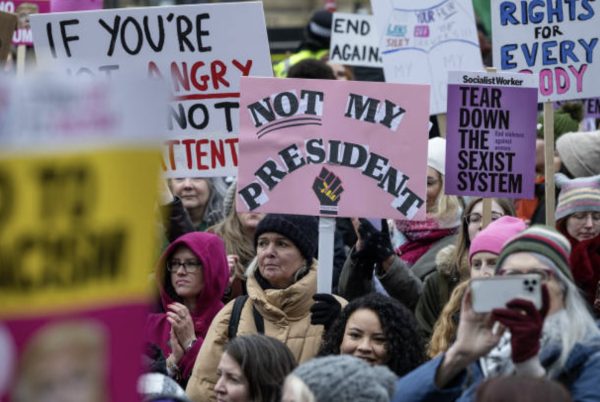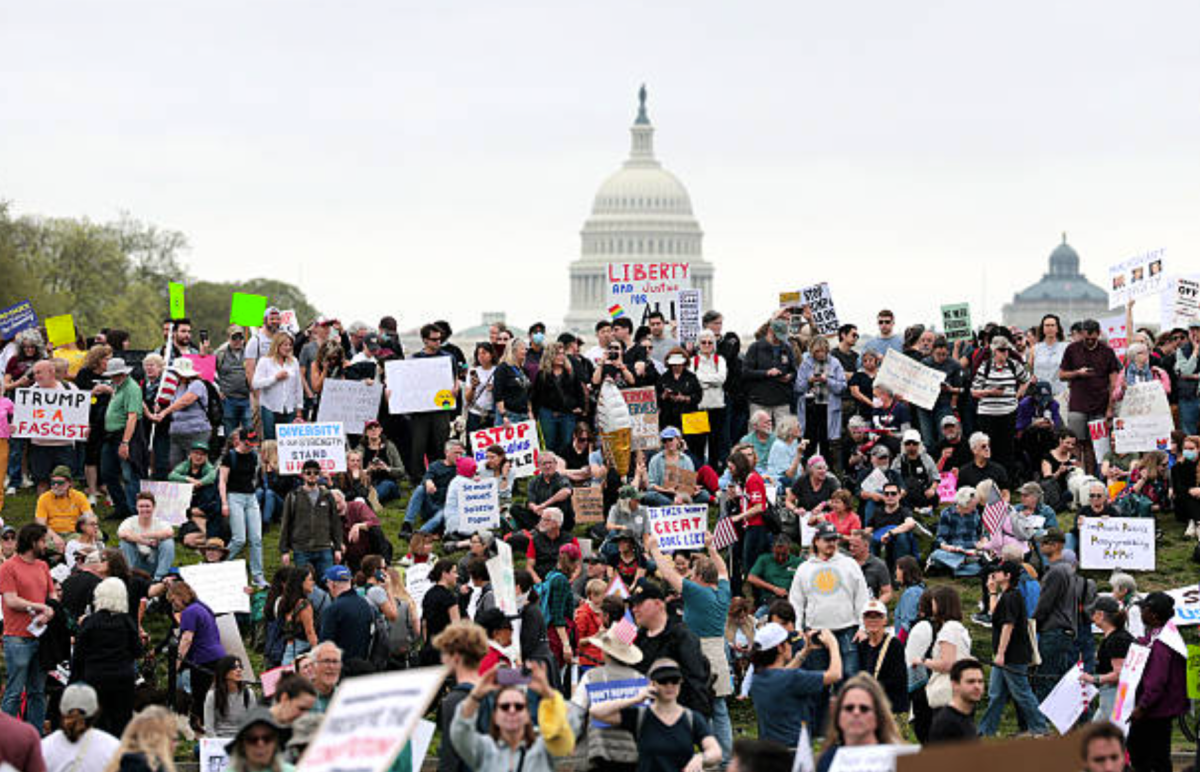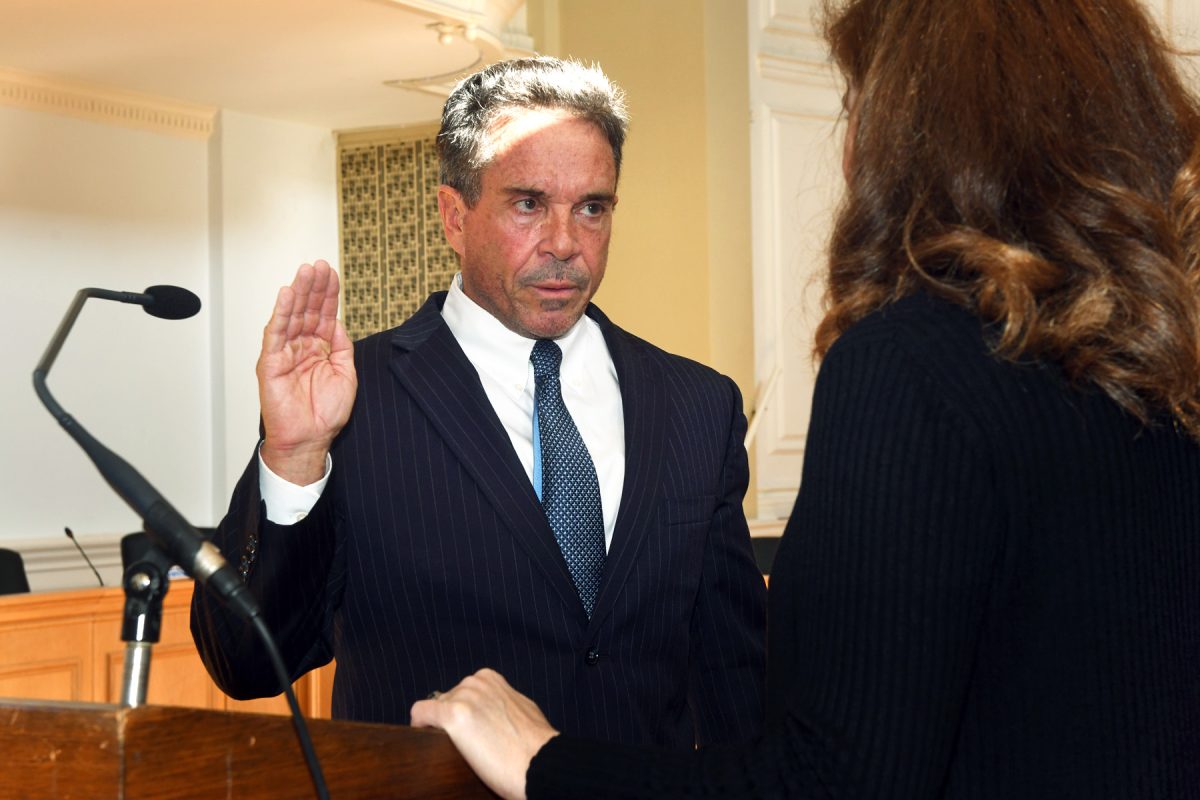Foran is home to a diverse group of students, including immigrants or those with immigrant parents from all over the globe. However, recent policy changes threaten immigrants residing in the United States.
The Trump administration has described their federal executive order on immigration policy as “protecting the American people against invasion,” according to whitehouse.gov. Many of the president’s supporters share this view, believing that stricter immigration policies are crucial to preserve national and economic security.
For immigrant communities, it has sparked growing anxiety about their future in this nation. While much debate surrounds undocumented immigration, the changes have also had a significant impact on legal immigrant families.
Student Visa Revocations:
A rarely used provision of the Immigration and Nationality Act (INA) “gives the secretary of state sweeping power to expel foreigners who are seen as a threat to the country’s foreign policy interests,” according to nytimes.com. The act mobilizes Immigration and Customs Enforcement to search the internet for social media posts that prove this threat.
The administration’s use of this power explains the recent deportation orders of individuals such as green card holder Mahmoud Khalil or academic visa holder Badar Khan Suri, both of whom have spread public pro-Palestinian support either on social media or during campus protests. Neither of these men has been charged for a crime. While some argue that this is a necessary measure, others express fear that it violates their free speech rights, and ability to share viewpoints that the Trump administration disagrees with online.
Although most cases are linked to campus protests, some deportations have been due to past legal misdemeanors such as speeding tickets or DUIs. In the case of Jayson Ma, his visa was revoked without “any reason given,” according to cbsnews.com, although his lawyer speculates it has to do with an expunged DUI case from 2023. A provision under the INA that states that individuals are deportable if they fail to maintain the status in which they were admitted permits these revocations.
CBP One App:
Another initiative to limit migration was the reversing of the CBP One app launched by the Biden administration.
“Authorities confirmed termination notices were sent to CBP One beneficiaries,” reports apnews.com, “They were urged to voluntary self-deport using the same app they entered on, which has been renamed CBP Home.” This revoked temporary immigrant status for those who entered using this app, created to encourage legal pathways to join the nation rather than illegal entrances.

Birthright Citizenship:
For years, the 14th amendment as interpreted in United States v. Wong Kim Ark (1898) has been used to allow children of immigrants US citizenship. On the day of his inauguration, Trump issued an executive order ending birthright citizenship. The order would deny citizenship to those born after Feb. 19 whose parents are in the country illegally.
“The privilege of United States citizenship is a priceless and profound gift,” states whitehouse.gov, describing the purpose of this order. The order is currently blocked nationwide and is facing over 100 lawsuits, but is to be further reviewed by courts in May.
While the Trump administration currently argues for a specific interpretation of the language of the 14th amendment that courts have generally disagreed upon, birthright citizenship could be void completely with another constitutional amendment. However, that would require a 2/3 vote in the House of Representatives and Senate, along with approval by 3/4 of US states, which is highly unlikely with such a controversial topic.
Many argue that the revisions proposed by the Trump administration aim to protect the integrity and safety of US citizenship. On the other hand, some immigrant families are simply frustrated.
“I think it’s ridiculous that America is supposed to be the land of opportunities, but once people come here to try and have a better life, they are dismissed,” states senior Rema Maarouf. “Immigrants, like my parents, worked so hard to provide for their families and children, but they’re treated like criminals and ‘aliens.’”
Regardless of one’s opinion, it is crucial for immigrants and natural-born citizens alike to remain aware of policy changes as they affect lives directly.









